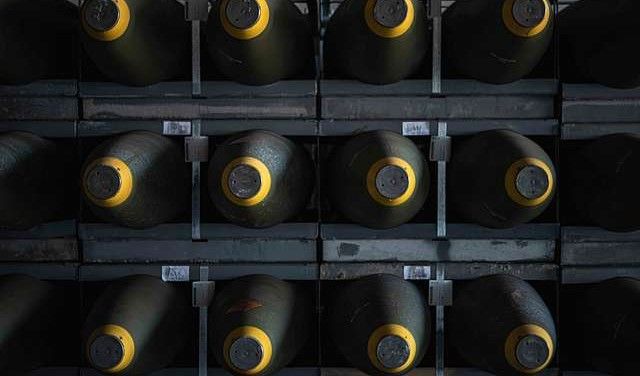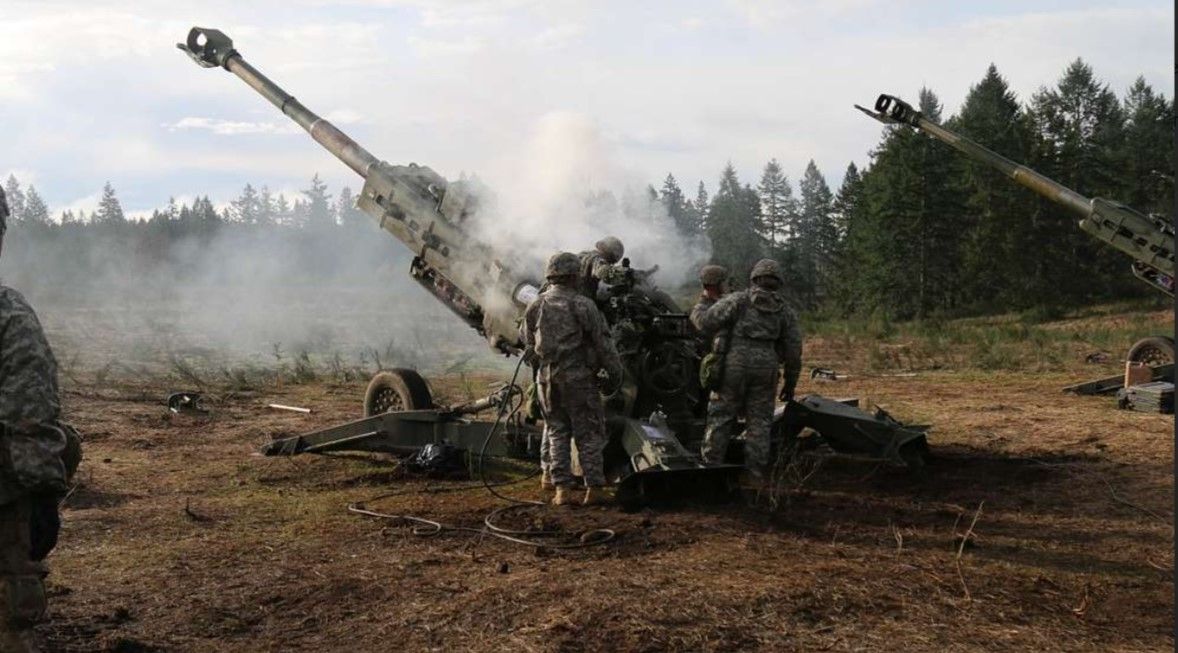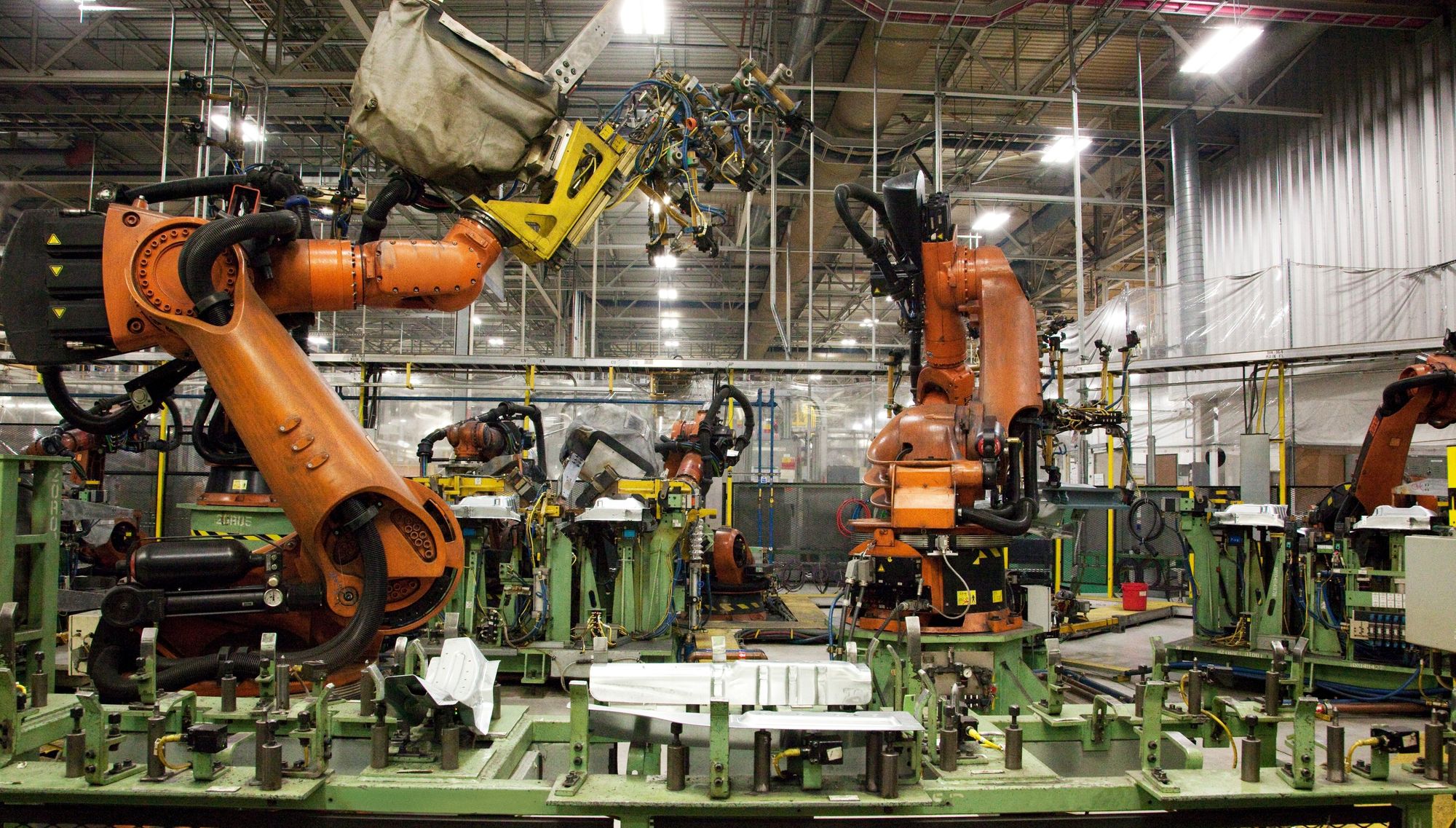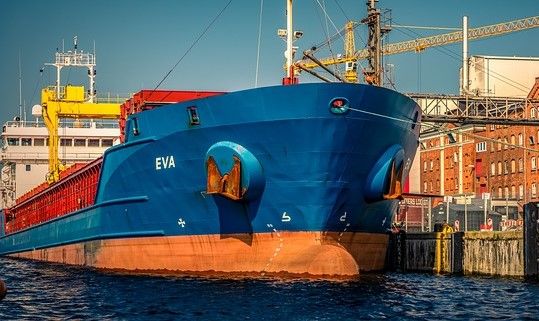The Russian invasion of Ukraine was a massive wake up call to everyone on the primary importance of national defence.
While the initial defence of Kyiv was successful and Western democracies have cooperated in supplying weapons and munitions to support the Ukrainian army, the shock waves from the war are still being felt across the arms manufacturing sector.
Over two years later, and governments are still struggling to guarantee the supply of the industrial chemicals and raw materials needed to manufacture the explosives, ammunition, and military hardware. It is feared that without government support, arms manufacturers will remain dependent on potential enemies for the supply of the materials they need. For example, the US arms industry is currently reliant on raw material suppliers from countries such as Iran, China, Russia, and even North Korea.

In response, almost $200 million is now being used by the US Department of Defence (DOD) to address this supply chain vulnerability.
The funds will be awarded to seven US companies and, according to a US Department of Defense press release, “will result in the domestic production of military grade chemicals by establishing, expanding, and modernizing the manufacturing capacity of 22 critical chemicals used in defense systems, including nonenergetic chemicals and precursors for both energetic and nonenergetic chemicals.”
‘Energetic materials’ is an industry term that primarily refers to explosives but can also include propellants, pyrotechnic (PEP) compositions, and other fuel / oxidizer mixtures.
But more than just supplying funds, the US government, much like its Western allies is looking to expand its base of raw material suppliers beyond the traditional names.
“We’re now rolling out many different programs to lower the barriers of entry for companies that are not traditionally used to doing business with the government to make it less scary,” says Marta Pazos, a contractor and arms industry analyst with ties to the US Department of Defense.

For example, arms manufacturers require a solid supply of high-quality elemental magnesium– a raw material which is highly prized for its good electrical conductivity, high mechanical strength, and low weight. Magnesium is frequently used in the manufacture of flares and fuses.
However, as a recent C&EN report notes, access to domestic supplies are under threat. “US Magnesium is the only current US supplier of magnesium, which it makes from water pulled out of Utah’s Great Salt Lake,” the analysis notes. Reporting that this supply is now under threat of closure. “That factory is imperiled because the water level in the lake is dropping and the Utah Department of Environmental Quality has denied the company’s request to extend its intake canals. In the 2022 request, US Magnesium describes the situation as an emergency, writing that the water levels are so low that the current intake channels cannot supply enough water to sustain operations at the plant.”
In response, and to secure a reliable supply, the US government has awarded the start-up Magrathea Metals with almost $20 million to establish its first commercial magnesium smelter, next to its pilot facility in Oakland, California. The raw material producer will use industrial wastewater, desalination brines, and raw seawater as a feedstock.
The specialty chemical maker, Lacamas Laboratories, is another example of American support for friend-shoring in the defence industry. Lacamas is an Oregon-based business with a focus on producing raw materials and active ingredients for the pharmaceutical sector. However, with a US DoD award of more than $86 million, the chemical manufacturer will shortly begin production of diphenylamine, 4-nitroanisole, ethyl centralite, 1,3,5-trichlorobenzene, and methyl centralite – all essential industrial chemicals for the production of ammunition. It will also expand its capacity for salicylic acid and sebacic acid, which are used for the manufacture of specialist lubricants and hydraulic fluids.

The money will be used to develop a production process, build a chemical facility, employ workers, and create the initial test batches before full-scale production begins.
The plan being for Lacamas' production of 4-nitroanisole to serve as a precursor for 2,4-dinitroanisole, an explosive that the US military is progressively employing as trinitrotoluene (TNT) is phased out for safety concerns.
The chemical industry journal C&EN also reports that other financial support packages were awarded to secure military feedstocks as follows:
· CoorsTek, a manufacturer of specialty ceramics, was awarded $49.6 million for packaging materials for ammunition and armour.
· The rocket cartridge manufacturer Estes Energetics was granted $13 million to secure sources of inorganic oxidizers barium nitrate, potassium chlorate, potassium nitrate, potassium perchlorate, strontium nitrate, strontium oxalate, and strontium peroxide, as well as the muzzle suppressor substance potassium sulphate.
· The chemical maker METSS was given $14 million for industrial chemical production, such as the oxidizer lead nitrate.
· Powdermet was awarded $1.9 million for titanium and zirconium powder production.
· Synthio, a specialty chemical maker received $8.2 million for essential stabilizers, such as the smoke dyes 1-methylamino anthraquinone and 1,3-diamino-2,4-dihydroanthraquinone.
Due to low labour costs and lax environmental controls abroad, the domestic chemical supply chains that western militaries consider important have deteriorated over the past few decades, giving way to a reliance on feedstock suppliers from regions such as East Asia.
“You can find anything you want here in the US,” says Pazos. “But a lot of companies that sell it are distributors of manufacturing from China.”

The US Department of Defense is also looking to stop its suppliers sourcing raw materials from potential-adversaries – countries such as Iran and North Korea – by late 2028. While such a ban would go against the nature of simple capitalism, the priority of self-defence is deemed higher in importance.
“We love our free markets until they work against us,” adds Pazos.
The safe and reliable supply of raw materials is essential for any economy. However, when it comes to matters of defence, then special attention must be made to ensure those materials necessary to conduct war can still be supplied.
As Ukraine and the rest of Europe is finding out. Production of artillery shells and other military hardware cannot be quickly turned on, especially if the materials for manufacture are imported from non-friendly countries.
For this reason, it is important that governments look ahead to domestic production or to suppliers from close allies, such as fellow NATO members, to make sure a steady flow of raw materials and chemicals can be maintained.
As the US Department of Defense is now realising, and as Pazos notes, “We’re waking up to the fact that we depend on our adversaries to defend ourselves, including against those adversaries.”
You might also like: Recycled Feedstock Projects Manufacture Clothing and Carbon Fibres or Counting the Price of War on the Global Economy
Photo credit: Nara, Picryl, Achim Scholty from Pixabay, Nara, & Rawpixel